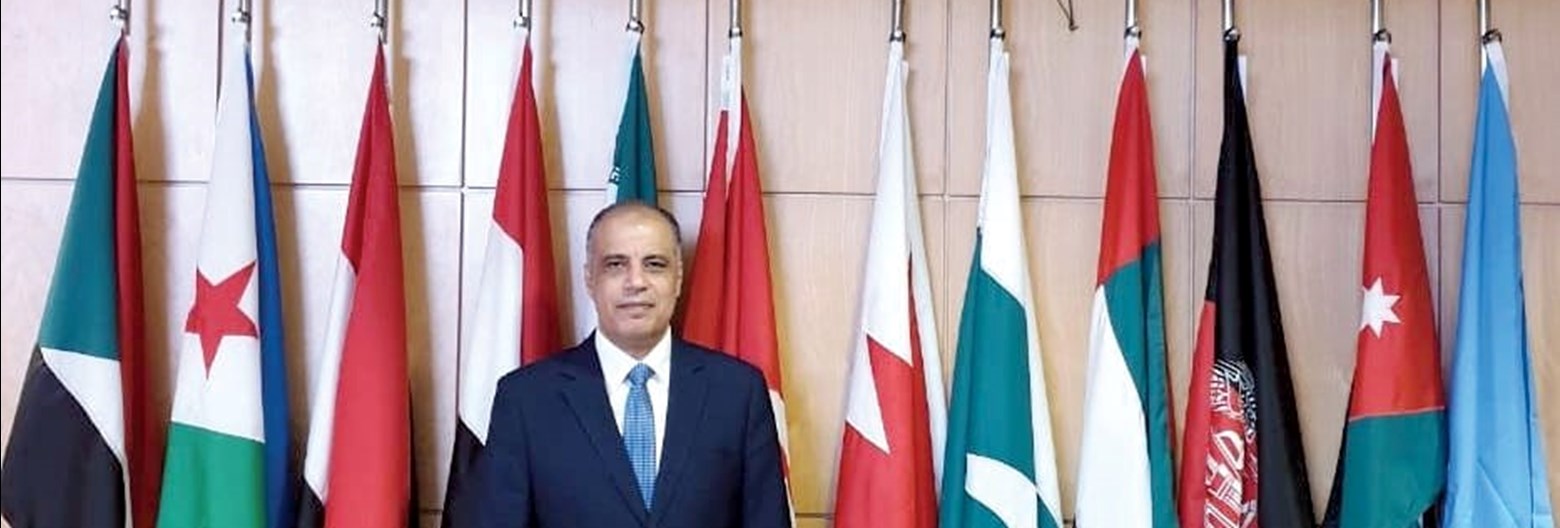Azouz is opening a regional training workshop on the evaluation of the system's living services.

Dr. Alaa Azouz, head of the Agricultural Extension Sector, and Chairman of the FAO Forestry and Near East Rangers Authority, FAO, opened the FAO training workshop entitled "Capacity-Building on the Value of Living System Services," with the participation of 40 specialists from 12 FAO member countries via video conference technology.
Azouz noted the importance of this workshop, which aims to provide forest and rangeland officers and natural resource management specialists in forestry and rangeland countries in the Near East with the basic tools and methods for conducting assessment studies on the sustainable management of rangelands, forests and other ecosystems.
The training workshop introduced participants to the principles of environmental economics, including basic economic theory on exogenous factors, market failures and causes of land degradation and natural resource depletion, noting that it enabled participants to identify different types of trade-offs associated with ecosystem services and related challenges in implementing policies and measures, as well as possible ways to assess and overcome those challenges.
It also contributed to a general understanding of the various methods of determining economic value with its pros and cons, noting that it was expected that, after the completion of the training workshop, trainees would be able to understand the theory of external factors and market failures, as well as the ability to classify ecosystem services and assess the areas of those services, and to prepare for an assessment to determine economic value, including: Develop valuation scenarios and select appropriate tools to determine value, recognize when the application of a particular method may be appropriate, the advantages and disadvantages of each method, as well as where they can access more sources and materials, if they want to deepen their knowledge of economic valuation methods.
Participants would be able to understand the fundamentals of cost-benefit analysis, the use of discounts, the creation of cash flow on Microsoft Excel and the calculation of current net values, internal rate of return, interest-cost ratio, plus Participants would be able to understand the fundamentals of cost-benefit analysis, the use of discounts, the creation of cash flow on Microsoft Excel and the calculation of current net values, the internal rate of return and the benefit-cost ratio, as well as to assess how regulatory and economic policy tools were used to correct market failures and promote sustainable land management.
A total of 40 specialists from 12 countries (Iraq, Kuwait, Somalia, Sudan, Mauritania, Algeria, Uzbekistan, Yemen, Saudi Arabia, Lebanon and Turkey) participated in the workshop.